By Anthony M. Wanjohi: Good Governance is a crosscutting critical facilitating strategy in the process of poverty reduction especially in developing countries. The issue of building the essential capacities of governance and public administration is more prominent in poverty reduction process. There are however some emerging issues in governance and public administration that require intergovernmental attention and well thought debate, exchange of ideas and innovative, successful experiences among countries and technical cooperation in the direction of public administration capacity-building (Duffield, 2007). This article examines the elements of administration model, decentralization, participation and political inclusion, and provision of basic infrastructure in relation to good governance and public administration.
Administration model
Single model of administration is an approach that was employed in developing countries with an aim of modernizing their economies and accelerating development to become rich. This approach included the various features of the best administrative practice available in the developed countries. According to Turner and Hulme (1997), this was a traditional model of administration. A technocratic therefore was needed to overcome tribal authority and false notion, combined with the application of technical expertise to agriculture and industry. This model, though well intended has not been effective as such since the developing countries are still in the state of want and debts.
Decentralization
Decentralized governance has been embraced as a structural and practical arrangement for empowering local communities to fight poverty at a close range. In order to strengthen decentralized governance, involvement of building institutional and human capacities in central and local government organs and civil society organizations is necessary. This is because of supporting participatory approach in project management processes such as planning, implementation and evaluation of (Turner and Hulme, 1997). Decentralization is progressively more becoming an instrument for people’s political reinforcement, a stage for sustainable democratization. It has also become an initiative for effective and people-centered mode of service delivery, and a structural approach for the mobilization of people’s economic potentials and resources.
Participation and political inclusion
Participation and political inclusion are fundamental aspects of sound governance and public administration which have positive impact on poverty reduction. Effective management of the cultural diversity is also an essential aspect of governance which has potentials of consolidating the riches of each community. Equitable distribution of basic needs is a powerful approach. Poverty reduction from a basic needs perspective tends to put less emphasizes on provision of water and housingandmore on income perspective jobs disregarding that poverty is more than a lack of income (Duffield, 2007).
Provision of basic infrastructure
Good governance and sound public administration can reduce poverty by ensuring the provision of basic infrastructure to ensure a livable environment and access to key opportunities to enhance productive opportunities. These infrastructures include both physical (housing, electricity, water and sewerage) and social infrastructure (like clinics, schools, and training facilities). Though this approach to end poverty is appreciable, mismanagement of funds in various organizations has been a setback. Effective poverty reduction depends on strategic action being taken across the range of various fields that affect the lives of the poor. The better these activities are coordinated and articulated, the greater the poverty reduction impact will be (Turner & Hulme 1997).
Conclusion
The poor are not helpless victims who simply endure their condition, but are active agents constantly seeking ways of improving their negotiation with their circumstances. Targeted poverty reduction initiatives must therefore be combined with broader political empowerment of the poor through good governance and sound public administration.
References
Duffield, M. (2007). Development, Security and Unending War. London: Polity
Turner and Hulme (1997). Governance, Administration and Development. Michigan: Kumarian Press.
Suggested Citation
Wanjohi, A.M. (2013). Poverty Alleviation through Good Governance. Available online at www.kenpro.org/management/poverty-alleviation-through-good-governance-in-public-administration.pdf
Download
